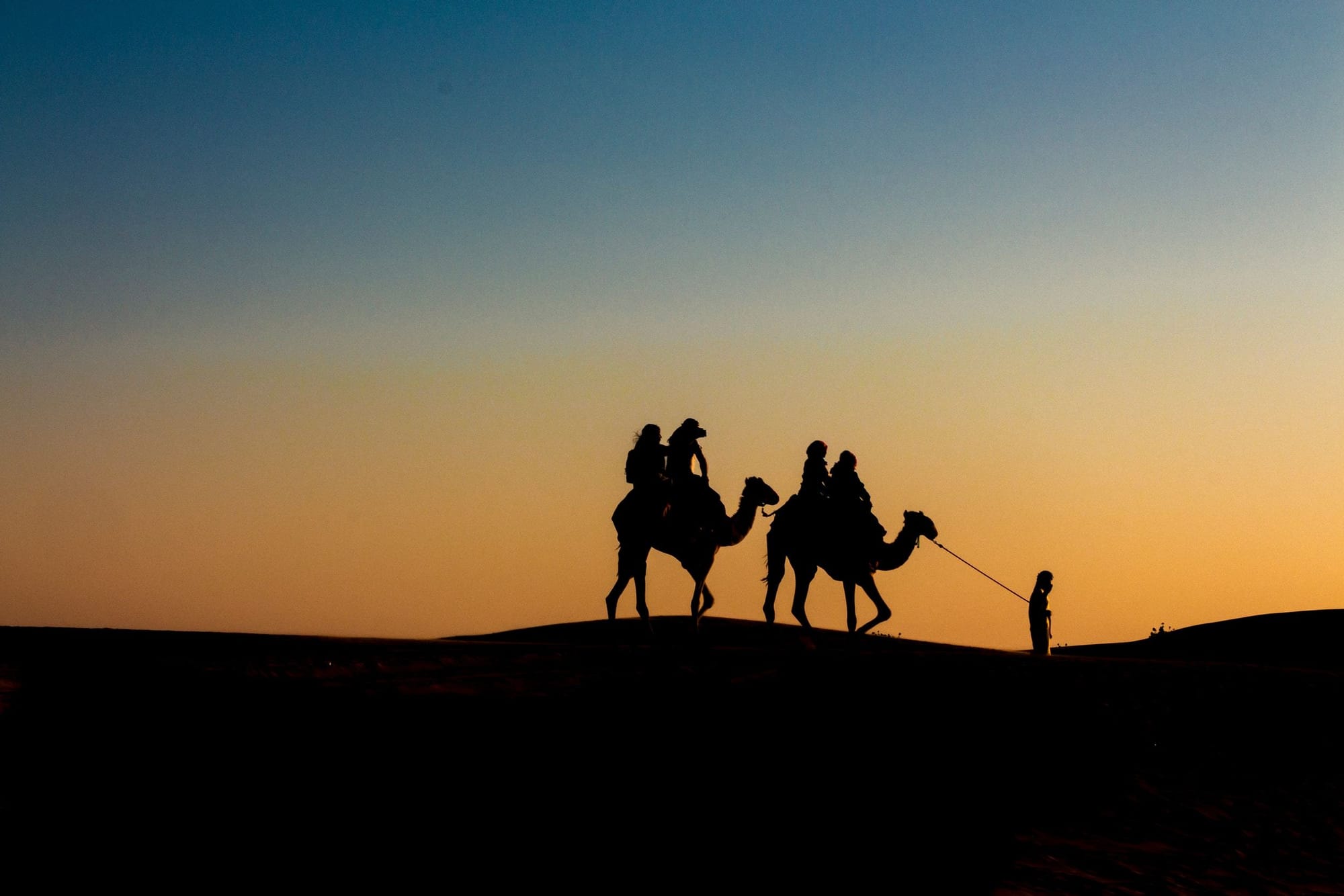Was Terah 70 or 130 When Abram Was Born?

Question: Isaac said, “Doesn't Genesis 11:26 say that Terah was 70 years old when he had Abram?” In the Patriarch's Timeline Terah was 130 when Abram is born.
Answer: Well done for checking the Scriptures Isaac, there’s much profit in doing so.
“After Terah had lived 70 years, he became the father of Abram, Nahor and Haran” (Gen 11:26).
Abram’s name is mentioned first in the Genesis list of Terah’s sons because he was the most influential in the rest of the story, and first also on account of his spiritual pre-eminence - he is in the Messianic line and so the spiritual birthright belongs to him. But we know Abram couldn’t be the firstborn.
The criteria for having your name first in a family list of brothers is not necessarily down to age – Another example is Noah’s sons: Gen 5:32 - “After Noah was 500 years old, he became the father of Shem, Ham and Japheth," but Gen 10:21 tells us that Shem’s older brother was Japheth. Shem was also in the line to Christ, hence his name appears first.
Terah, had three sons, Abram, Nahor, and Haran. Abram’s name is first for reasons other than date of birth.
Stephen, in Acts 7:4, tells us that Abraham left the city of Haran (no link to his brother Haran) after his father Terah died, and Terah died at the age of 205 (Gen 11:32). Genesis 12:4 informs us that Abram was 75 when he left the city of Haran, making Terah 130 when Abram was born.
Haran seems to be the firstborn, partly because he died first and partly because one of his daughters married his brother Nahor. So Haran was born when his father was 70 years old and we know that Abram was born when his father was 130, which would make Haran 60 years old when Abram was born.
Genesis 15:9–18 describes the covenant or agreement between Yahweh and Abram. Abram cut in half several animals, and a “smoking fire pot with a blazing torch” passed between the halves. The covenant was then official: God was going to give Abram and his offspring the land he was now camped in. The Lord told him from the time he actually had his promised descendant (Isaac) there would be another 400 years before his descendants would be able to take possession of it, and part of it would include his descendants being in a land not their own, where they would be enslaved and ill-treated.
"Then the LORD said to him, “Know for certain that for four hundred years your descendants will be strangers in a country not their own and that they will be enslaved and mistreated there" (Gen 15:13).
Then in the fourth generation his descendants would come back to Canaan and could proceed to take the land.
"In the fourth generation your descendants will come back here" (Gen 15:16).
Four hundred years seems more than four generations, until we remember that God was talking to Abram and his line still had some length of years. God had said Adam’s line would have a shortened life-span to 120 years. Abram’s hadn’t got down to that yet, he lived to be 175, but his grandson Jacob died at 147. So when we look at it like that, four generations is about right.
The 400 years also reminds us that from Isaac’s birth 30 years would have passed from the time Abraham first spoke to Yahweh in Ur. There were 430 years altogether between the first promise and the law being given (Gal 3:17). Abraham was 100 when Isaac was born leaving 30 from when God first spoke to Abraham; hence Abraham was 70 years old when he first met Yahweh in Ur and received his first promise.
So Yahweh had told Abram that in the fourth generation his descendants would return to Canaan (Gen 15:16), which means the four generations begins with Jacob because his father, Isaac, never left Canaan, but Jacob died in Egypt. We can see this highlighted with Moses’s family tree. The first generating was Jacob fathering Levi, the second was Levi fathering Kohath, the third was Kohath fathering Amram, and the fourth was Amram begetting Moses who led the people back towards Canaan in what is known as the exodus.